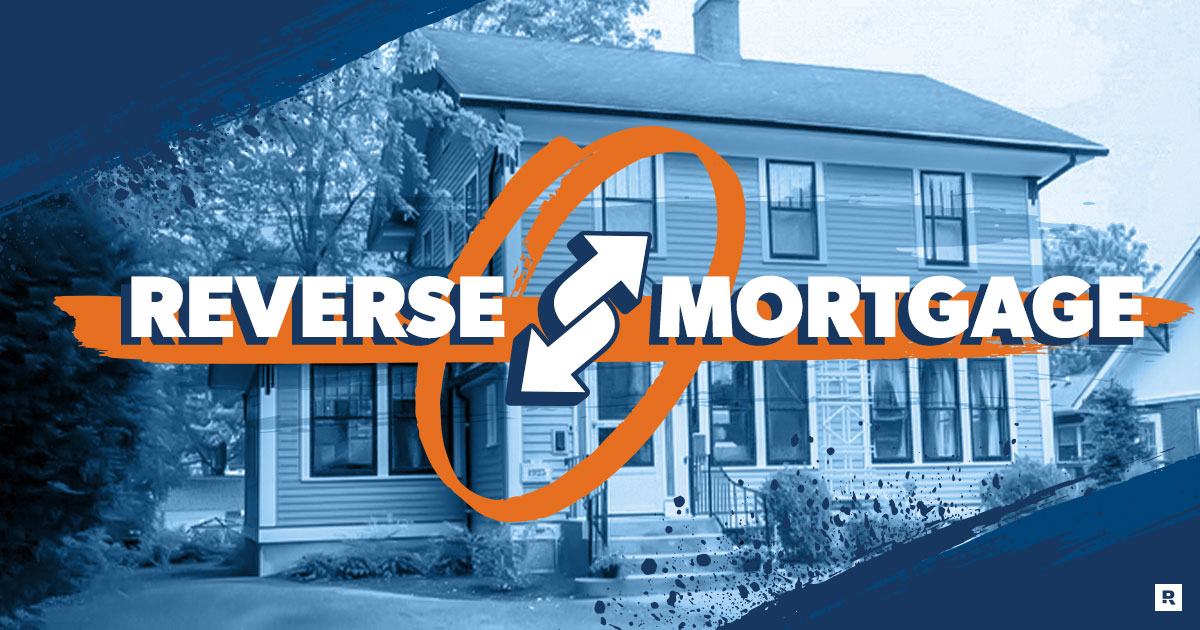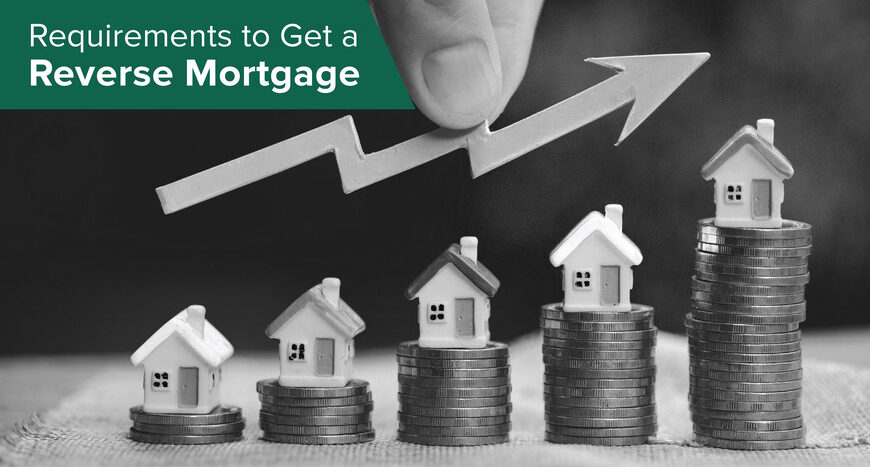Unlock Financial Flexibility: Your Guide to Getting a Reverse Home Loan
Comprehending the ins and outs of reverse mortgages is necessary for house owners aged 62 and older seeking economic liberty. This special monetary instrument makes it possible for senior citizens to leverage their home equity, changing it into easily accessible cash for various demands, from medical care to way of living improvements. Nevertheless, navigating the qualification benefits, criteria, and prices can be intricate. As you consider this alternative, it is crucial to grasp not just exactly how it functions but also the ramifications it might have on your financial future. What are the essential aspects you should consider prior to making such an impactful decision?
What Is a Reverse Home Loan?

The essential allure of a reverse mortgage hinges on its prospective to enhance economic versatility throughout retired life. Homeowners can utilize the funds for different purposes, consisting of medical expenditures, home renovations, or daily living costs, therefore offering a safety net throughout a critical point of life.
It is important to understand that while a reverse home mortgage permits for increased capital, it additionally reduces the equity in the home gradually. As rate of interest builds up on the exceptional funding balance, it is vital for potential borrowers to carefully consider their lasting monetary plans. Consulting with a monetary consultant or a reverse home mortgage specialist can give beneficial understandings into whether this choice aligns with a person's financial objectives and scenarios.
Eligibility Requirements
Comprehending the qualification needs for a reverse mortgage is essential for homeowners considering this financial alternative. To certify, applicants should be at the very least 62 years of ages, as this age criterion enables seniors to gain access to home equity without regular monthly home mortgage settlements. Furthermore, the property owner has to inhabit the house as their main house, which can include single-family homes, particular condos, and made homes satisfying specific standards.
Equity in the home is one more essential need; property owners generally need to have a substantial amount of equity, which can be established through an evaluation. The quantity of equity offered will straight affect the reverse home mortgage amount. Furthermore, applicants have to demonstrate the ability to preserve the home, including covering real estate tax, homeowners insurance policy, and upkeep expenses, making sure the home remains in excellent problem.
Additionally, possible borrowers need to go through a monetary assessment to assess their revenue, credit report history, and general financial scenario. This assessment helps loan providers identify the applicant's capability to satisfy continuous obligations connected to the property. Satisfying these requirements is essential for safeguarding a reverse mortgage and guaranteeing a smooth financial transition.
Benefits of Reverse Home Loans
Countless advantages make reverse mortgages an enticing option for senior citizens seeking to improve their financial adaptability. purchase reverse mortgage. Among the key benefits is the capacity to convert home equity right into cash without the demand for regular monthly home mortgage settlements. This attribute allows seniors to access funds for different demands, such as medical costs, home renovations, or daily living costs, thus relieving economic anxiety
In addition, reverse mortgages provide a safeguard; senior citizens can proceed to live in their homes for as long as they satisfy the lending needs, fostering security throughout retirement. The earnings from a reverse home mortgage can additionally be utilized to delay Social Protection advantages, possibly leading to higher payments later.
In addition, reverse home mortgages are non-recourse finances, implying that borrowers will certainly never owe more than the home's worth at the time of sale, securing them and their beneficiaries from economic obligation. The funds gotten from a reverse mortgage are generally tax-free, including one more layer of economic relief. Generally, Visit Website these benefits setting reverse home loans as a useful remedy for senior citizens seeking to boost their economic scenario while preserving their treasured home setting.

Prices and Costs Included
When considering a reverse mortgage, it's important to recognize the different prices and charges that can influence the total economic image. Recognizing these costs is critical for making an informed decision about whether this economic item is appropriate for you.
Among the key costs related to a reverse mortgage is the source cost, which can differ by lending institution but normally varies from 0.5% to 2% of the home's assessed value. Furthermore, property owners ought to anticipate closing costs, which may consist of title insurance, appraisal charges, and credit scores record costs, normally amounting click here to find out more to a number of thousand dollars.
An additional significant cost is mortgage insurance coverage premiums (MIP), which protect the lending institution versus losses. This charge is normally 2% of the home's worth at closing, with an ongoing annual premium of 0.5% of the continuing to be loan equilibrium.
Lastly, it's essential to think about continuous expenses, such as home tax obligations, home owner's insurance coverage, and upkeep, as the consumer continues to be accountable for these expenses. By carefully evaluating these costs and fees, homeowners can much better evaluate the economic ramifications of pursuing a reverse mortgage.
Steps to Begin
Getting going with a reverse home mortgage involves a number of essential steps that can help simplify the procedure and guarantee you make educated decisions. First, analyze your economic scenario and identify if a reverse mortgage aligns with your long-term objectives. This consists of reviewing your home equity, present financial debts, and the need for extra revenue.
Following, study various lending institutions and their offerings. Try to find trustworthy organizations with favorable evaluations, transparent cost structures, and competitive rates of interest. It's vital to contrast conditions and terms to discover the most effective suitable for your demands.
After picking a lender, you'll need to complete a thorough application procedure, which commonly calls for documents of earnings, assets, and residential property details. Participate in a counseling session with a HUD-approved counselor, that will certainly offer insights into the effects and duties of a reverse home loan.
Verdict
In verdict, reverse home mortgages present a viable alternative for senior citizens seeking to improve their monetary security during retired life. By transforming home equity right into accessible funds, home find out here now owners aged 62 and older can address various economic needs without the stress of regular monthly payments.
Understanding the details of reverse home loans is vital for homeowners aged 62 and older looking for financial flexibility.A reverse home mortgage is a financial item developed mainly for property owners aged 62 and older, allowing them to transform a portion of their home equity into money - purchase reverse mortgage. Consulting with a reverse mortgage or a monetary advisor specialist can supply useful understandings into whether this alternative aligns with an individual's financial objectives and circumstances
Moreover, reverse mortgages are non-recourse loans, implying that debtors will certainly never owe more than the home's value at the time of sale, securing them and their beneficiaries from financial liability. Generally, these advantages setting reverse mortgages as a useful solution for elders seeking to improve their economic situation while maintaining their valued home setting.